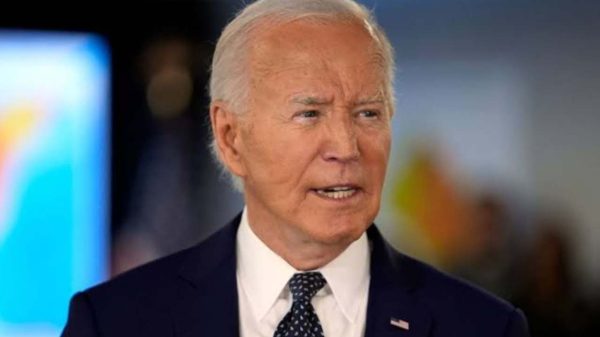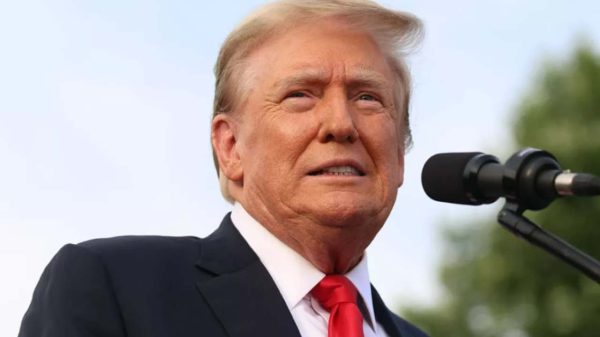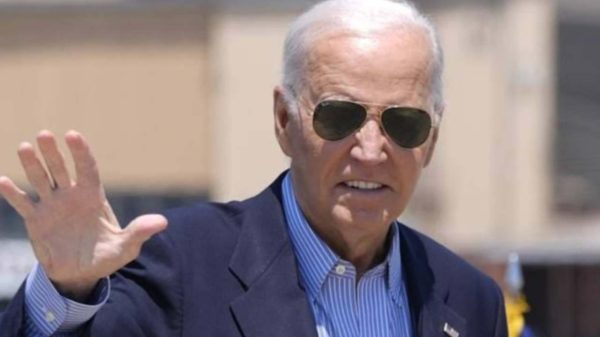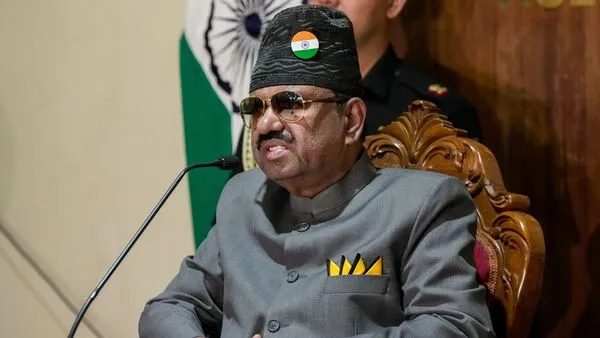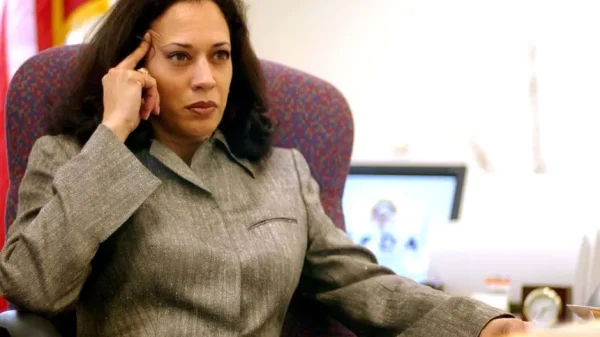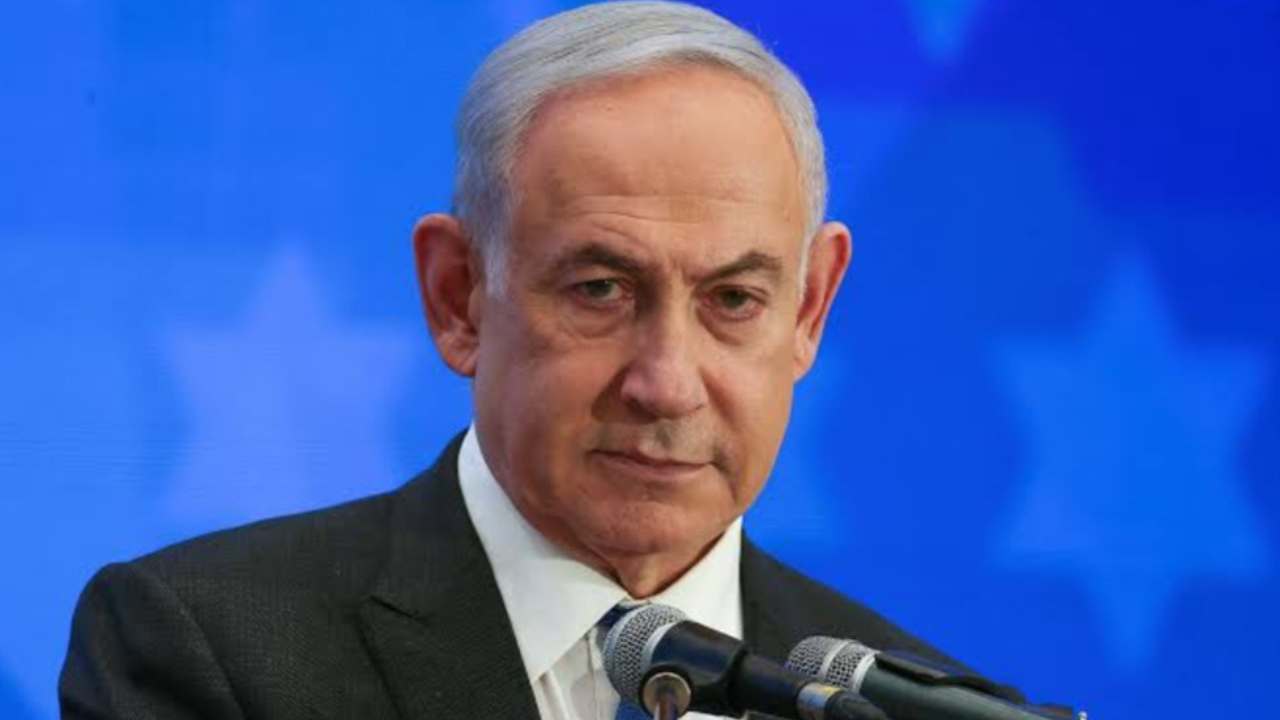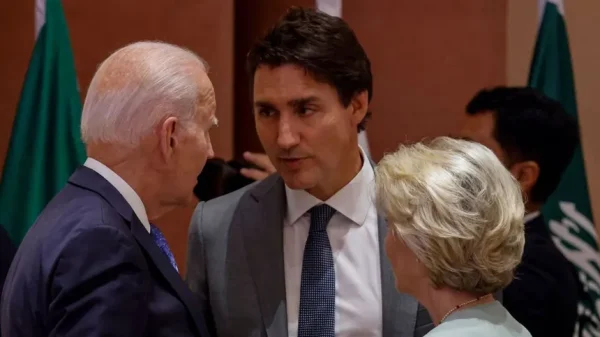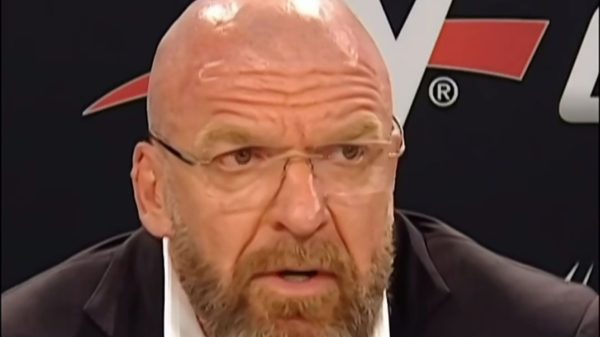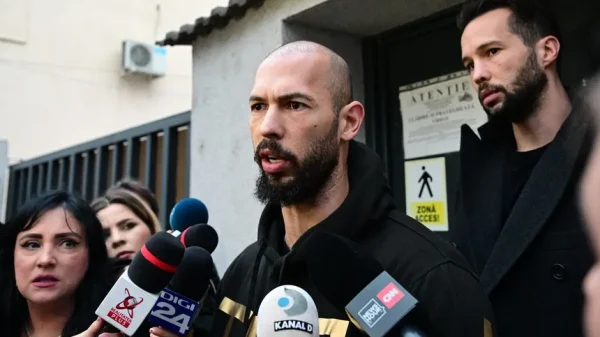The meetings this week between American officials and Israel’s defense minister in Washington are aimed at gaining insights into Israel’s war plans.
These discussions come at a time when tensions are increasing between the Biden administration and Prime Minister Benjamin Netanyahu.
Yoav Gallant, Israel’s defense minister, is engaging closely with Biden administration advisers amid ongoing conflict in Gaza.
American officials hope these talks will clarify Israel’s future plans, especially following ambiguous statements from Prime Minister Benjamin Netanyahu.
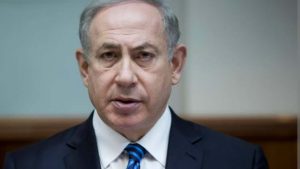
Yoav Gallant, Israel’s defense minister
Netanyahu indicated willingness to temporarily pause fighting in exchange for the release of hostages in Gaza but emphasized the war will continue to achieve the goal of eliminating Hamas.
Netanyahu’s statements appeared contradictory to the US-backed Israeli proposal, which aimed for a permanent ceasefire through the release of hostages.
Despite his initial stance, Netanyahu later clarified that he was not rejecting the ceasefire proposal endorsed by Biden, emphasizing that the war would only conclude upon the return of all hostages.
“We will not end the war until we return all of our hostages – 120 hostages, the living and the deceased. We are committed to the Israeli proposal, which President Biden has welcomed. Our position has not changed,” he said, speaking at the Knesset plenum on Monday.
Netanyahu’s differing messages to different audiences have contributed to frustration among Biden officials, who are striving to end the Gaza conflict.
His remarks risk worsening relations with the United States, which has been actively supporting and mediating a ceasefire proposal.
Netanyahu’s statement about continuing to “mow the grass” in Gaza after the intense phase of conflict contradicts US preferences and further complicates diplomatic efforts.
“I don’t know what he means exactly by that, but I think it probably means continued military engagement in Gaza. And for us, that’s just a recipe for continued conflict, continued instability and continued insecurity for Israel,” State Department spokesperson Matt Miller said on Monday, adding that continued military engagement would “be extremely harmful to the people of Gaza and make “Israel weaker.”
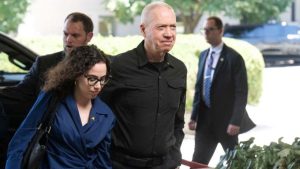
Yoav Gallant arrived at the US Department of State ahead of meeting with Antony Blinken
Prime Minister Benjamin Netanyahu’s recent statements indicate Israel is transitioning to a new phase of fighting in Gaza, possibly involving increased military presence on its northern border with Lebanon to address Hezbollah militants.
In meetings this week, US officials are seeking clarity from Israeli Defense Minister Yoav Gallant on Israel’s plans for this new phase and its broader strategy.
Gallant has discussed with CIA Director Bill Burns and US envoy Amos Hochstein about Israel’s “Phase C” operations in Gaza, described as a more precise and less intensive stage of the conflict.
However, discussions about a post-war plan for Gaza have been avoided by Netanyahu, despite Gallant’s efforts to raise the topic in Israeli cabinet meetings.
Yoav Gallant, Israel’s defense minister, called on Prime Minister Benjamin Netanyahu to publicly declare that Israel would not establish control over Gaza, but Netanyahu declined to make such a statement.
Former Defense Minister Benny Gantz criticized Netanyahu for prioritizing political considerations over developing a post-war strategy.
US officials are frustrated by Israel’s delay in outlining plans for post-war governance in Gaza and reconstruction efforts. Tensions along the Israel-Lebanon border have added complexity to the situation.
While US officials have not explicitly opposed Israeli actions against Hezbollah, they are cautioning Israel that such actions could escalate into a larger conflict, which neither side desires.
Israeli Defense Minister Yoav Gallant met with top US officials including Defense Secretary Lloyd Austin, Secretary of State Antony Blinken, and National Security Adviser Jake Sullivan.
These meetings followed allegations from Prime Minister Benjamin Netanyahu that the US was withholding weapons shipments to Israel.
Gallant did not comment after his meeting with Blinken but discussions aimed to make progress on several issues, including post-war plans for Gaza and preventing further escalation of the conflict.
White House officials have largely dismissed Netanyahu’s comments as politically motivated attempts to maintain power, but they have still caused significant frustration within the administration.
Initially denying knowledge of Netanyahu’s claims and describing them as misleading, the White House later opted not to engage further in a public dispute with him.
“We have made our position clear on this repeatedly and we are not going to keep responding to the Prime Minister’s political statements,” a White House official said.
“We look forward to constructive consultations with the Defense Minister in Washington this week.”
During Monday’s State Department briefing, spokesperson Miller responded to Netanyahu’s weekend comments, acknowledging that public figures sometimes misspeak and emphasizing the importance of clarifying statements.
Despite initial frustration, the US appreciated Netanyahu’s clarification.Ahead of his trip to Washington, Defense Minister Yoav Gallant emphasized the significance of Israel’s relationship with the United States, underscoring ongoing diplomatic efforts between the two countries amidst recent tensions.
“The United States is our most important and central ally. Our ties are crucial and perhaps more important than ever, at this time,” Gallant told reporters prior to departure from Israel, according to a statement from the Israeli defense ministry on Sunday.












